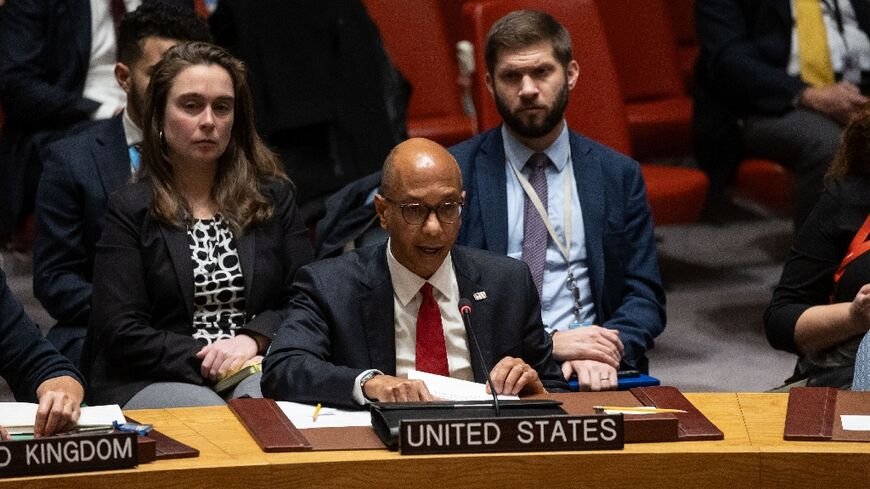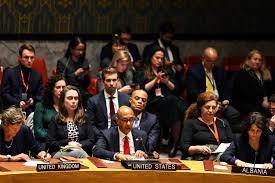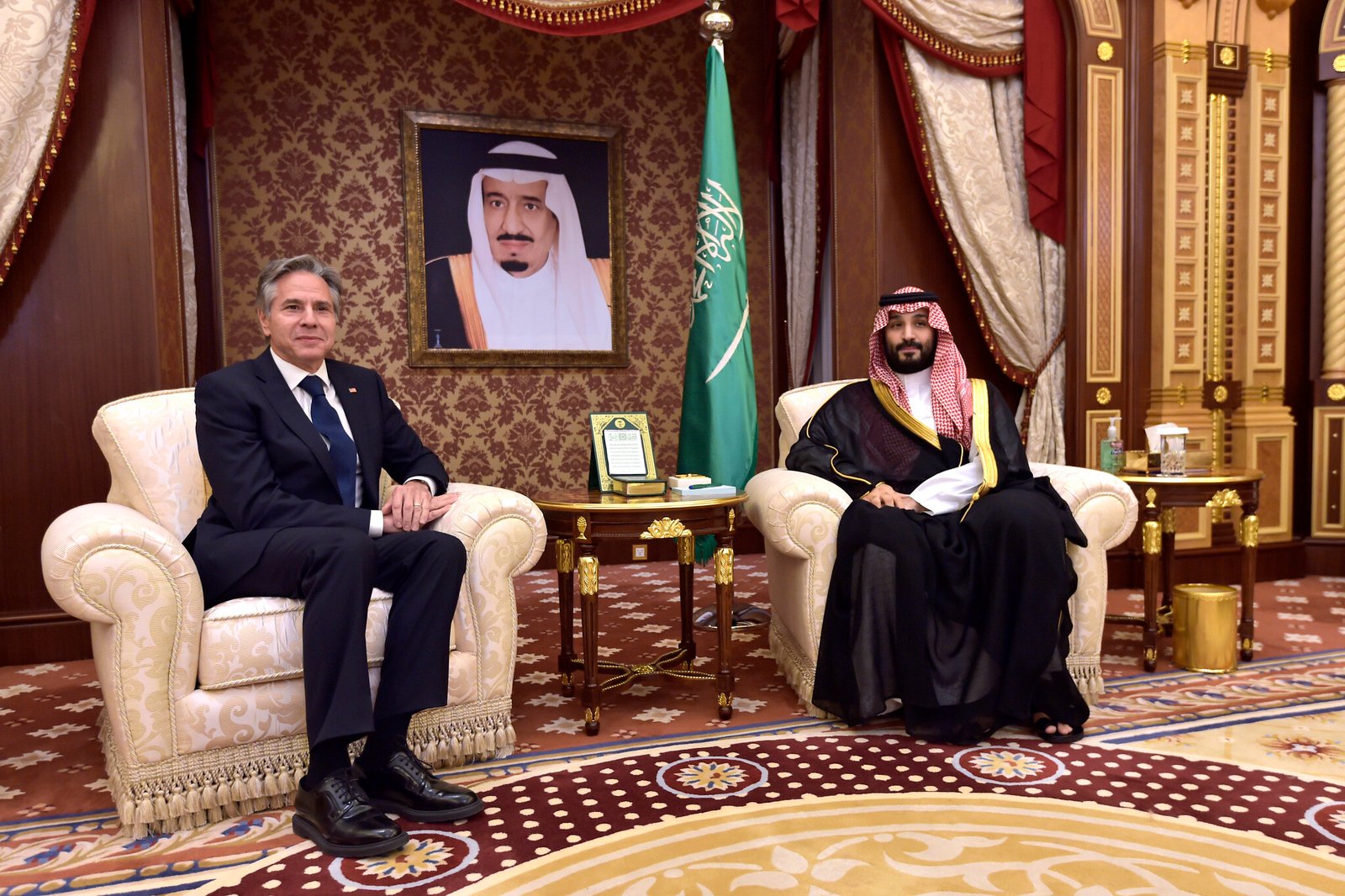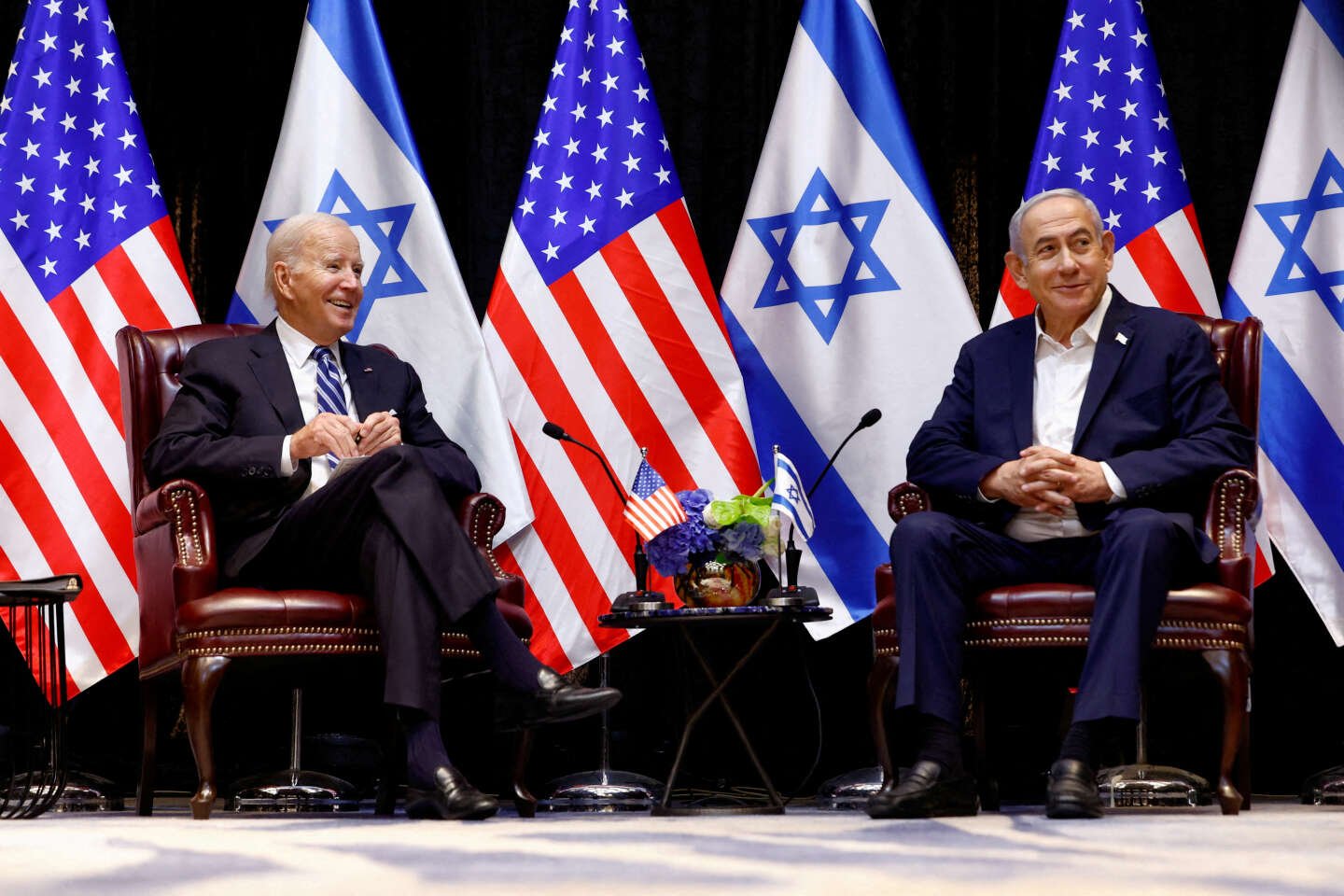US Vetoes on UN Ceasefire Resolution:
Table of Contents
ToggleUS vetoes UN Security Council resolution for ceasefire in Gaza
In a decisive moment at the United Nations Security Council, the proposed draft resolution advocating for an immediate humanitarian ceasefire in the Israel-Hamas conflict encountered a significant obstacle as the United States wielded its veto power. The resolution, backed by 13 out of the 15 council members, found itself in diplomatic gridlock as the U.S. decision to veto not only isolated the nation from the consensus but also shielded its ally, Israel, from the suggested ceasefire.

The draft resolution, initiated by the United Arab Emirates, aimed to address the prolonged and escalating two-month conflict. This critical juncture unfolded following an unusual move by U.N. Secretary-General Antonio Guterres, who formally alerted the council to the escalating global threat emanating from the prolonged hostilities.
The United States, aligning with Israel, vehemently opposed the proposed ceasefire, arguing that it would disproportionately benefit the Palestinian militant group, Hamas. Instead, the U.S. advocated for intermittent pauses in the conflict, emphasizing the protection of civilians and the release of hostages held by Hamas since a lethal attack on Israel on October 7.
Deputy U.S. Ambassador to the U.N., Robert Wood, expressed dissatisfaction with the draft resolution, characterizing it as an imbalanced text disconnected from reality, unlikely to bring about tangible progress on the ground. “Although the United States strongly supports a durable peace in which both Israelis and Palestinians can live in peace and security, we do not support this resolution’s call for an unsustainable ceasefire that will only plant the seeds for the next war,” stated Wood.
The U.S. had put forth substantial amendments to the resolution, including a condemnation of the October 7 Hamas attacks, which Israel claimed resulted in 1,200 deaths and the taking of 240 individuals hostage.
Britain’s U.N. Ambassador Barbara Woodward said her country abstained because there was no condemnation of Hamas. “Israel needs to be able to address the threat posed by Hamas and it needs to do so in a manner that abides by international humanitarian law so that such attack can never be carried out again,” she told the council.
Israel conducted airstrikes on Gaza, enforced a blockade, and initiated a ground assault. The actions have resulted in the displacement of the majority of Gaza’s 2.3 million residents. “There is no effective protection of civilians,” Guterres told the council earlier on Friday. “The people of Gaza are being told to move like human pinballs – ricocheting between ever-smaller slivers of the south, without any of the basics for survival. But nowhere in Gaza is safe.
“The irony is that regional stability and the security of both Israelis and Gazans can only be achieved once Hamas is eliminated, not one minute before,” Erdan said. “So the true path to ensure peace is only through supporting Israel’s mission – absolutely not to call for a ceasefire.”
Source HT
The deployment of the veto power by the U.S. introduces a critical dimension to the already complex and diplomatically challenging Israel-Hamas conflict. This strategic decision underscores the U.S. preference for an alternative approach, opting for its own diplomatic initiatives over Security Council actions to address the ongoing crisis.
As the conflict persists, with Gaza’s Health Ministry reporting more than 17,480 casualties, the deployment of the veto power introduces a unique layer of complexity to international efforts aimed at brokering a sustainable ceasefire and addressing the deepening humanitarian crisis. The Security Council’s continued role in navigating these challenges remains pivotal, with the U.S. veto shaping the evolving diplomatic dynamics in the Israel-Hamas conflict.
See More :
US Warship Attacked in Red Sea, Gaza Bombardment Intensifies



